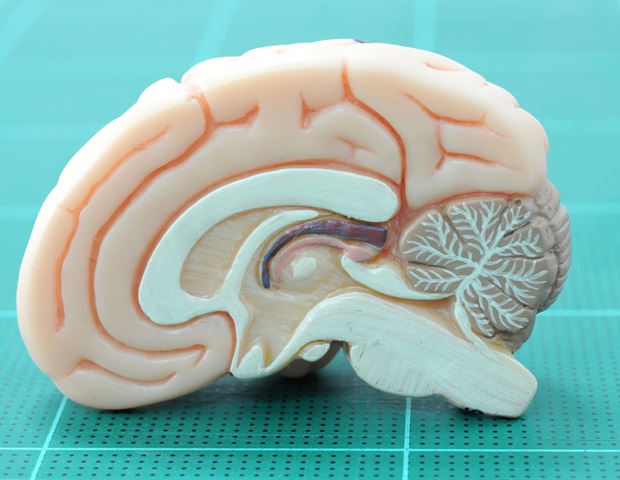New research from the University of California, Irvine reveals that sex differences in learning and memory mechanisms are triggered by biological events occurring during puberty. Findings show prepubescent female rodents have much better hippocampal long-term potentiation (LTP) and spatial learning than same-age males, but puberty has opposite consequences for synaptic plasticity in the two sexes.
The study, titled "Prepubescent female rodents have enhanced hippocampal LTP and learning relative to males, reversing in adulthood as inhibition increases" was recently published in Nature Neuroscience.
Since the late 19th century, the general consensus in the scientific community has been that men outperform women on spatial tasks, while women excel in learning tasks involving verbal material, while the general debate has been about why there is a difference.
The surprising conclusion from our results is that the polarization of sex differences in hippocampal synapses and related learning reverses in females and males from before to after puberty. This occurs because of distinct developmental changes. Thresholds for plasticity and encoding spatial information increase in females and decease in males."
Christine Gall, PhD, co-corresponding author, and distinguished professor and chair of anatomy and neurobiology at the UCI School of Medicine
Puberty is a critical landmark in brain maturation and results in a wide variety of sex differences in behavior, but little is known about how it affects the substrates for memory encoding. Researchers identified a female-specific mechanism that increases the LTP threshold and decreases spatial memory from before to after puberty. Sex differences were demonstrated for hippocampus-dependent processes and driven by different underlying mechanisms.
In females only, inhibitory synapses in the CA1 field of the hippocampus exhibit an increase in levels of GABAA receptors containing the α5 subunit; this increase is associated with greater inhibition of synaptic activity critical for synaptic plasticity and memory. The α5 receptors have been linked to anxiety which also undergoes changes at the onset of the estrous cycle. Researchers found that pharmacological suppression of α5-GABAA receptors restored LTP and memory encoding in females to levels observed before puberty.
"Our team proposes that the emergent female pattern may favor learning in complex circumstances while the emergent male pattern favors rapid acquisition of simpler material. This idea suggests that optimal teaching strategies need to reflect previously unsuspected brain differences between the sexes and how these are dramatically adjusted during puberty," Gall said. "The vast majority of studies have begun with analyses of young adult male rodents. Females use somewhat different memory mechanisms than do males and therefore may respond differently to drugs and gene mutations. This new research demonstrates the need for new sexually differentiated approaches for the development of therapeutic treatments and their applications at different life stages."
Further research will be conducted to determine if the sex-specific LTP threshold changes identified in hippocampus during the transition to postpubertal life are evident in other brain areas and influence the encoding of different types of memories.
University of California, Irvine
Le, A.A., et al. (2022) Prepubescent female rodents have enhanced hippocampal LTP and learning relative to males, reversing in adulthood as inhibition increases. Nature Neuroscience. doi.org/10.1038/s41593-021-01001-5.
Posted in: Medical Science News | Medical Research News
Tags: Anatomy, Anxiety, Brain, Child Health, Drug Abuse, Drugs, Education, Epidemiology, Gene, Genetic, Hippocampus, Medicine, Mental Health, Neuroscience, Pathology, Pharmacology, Physiology, Psychiatry, Puberty, Public Health, Research, students
Source: Read Full Article
